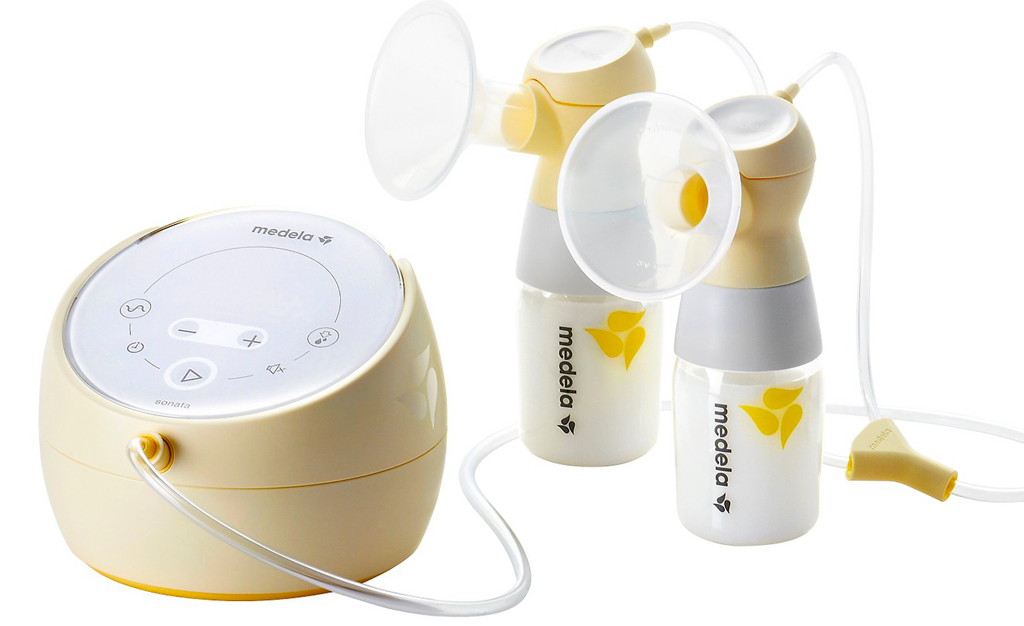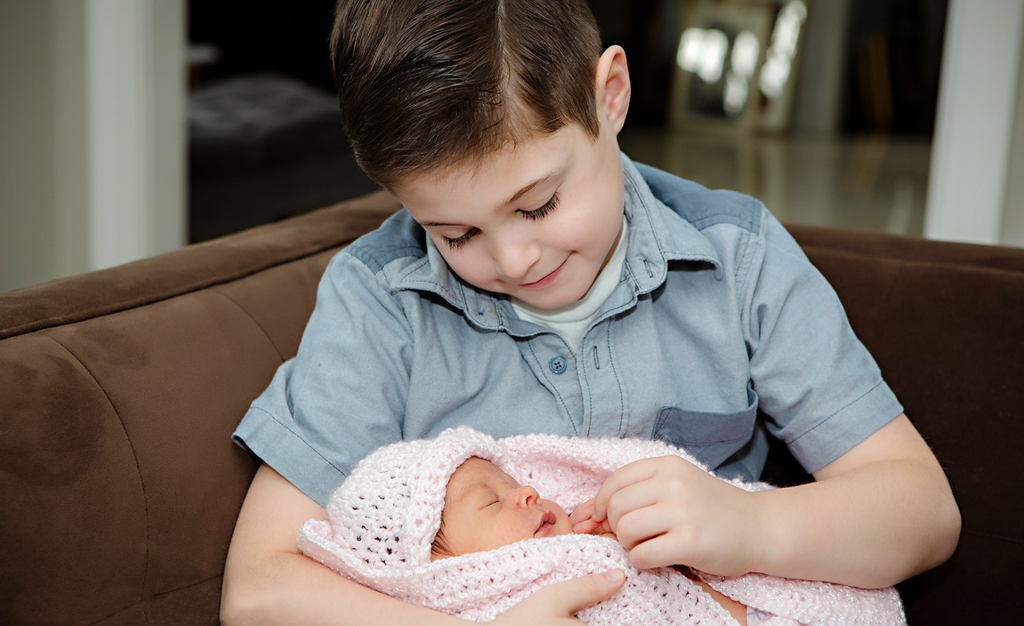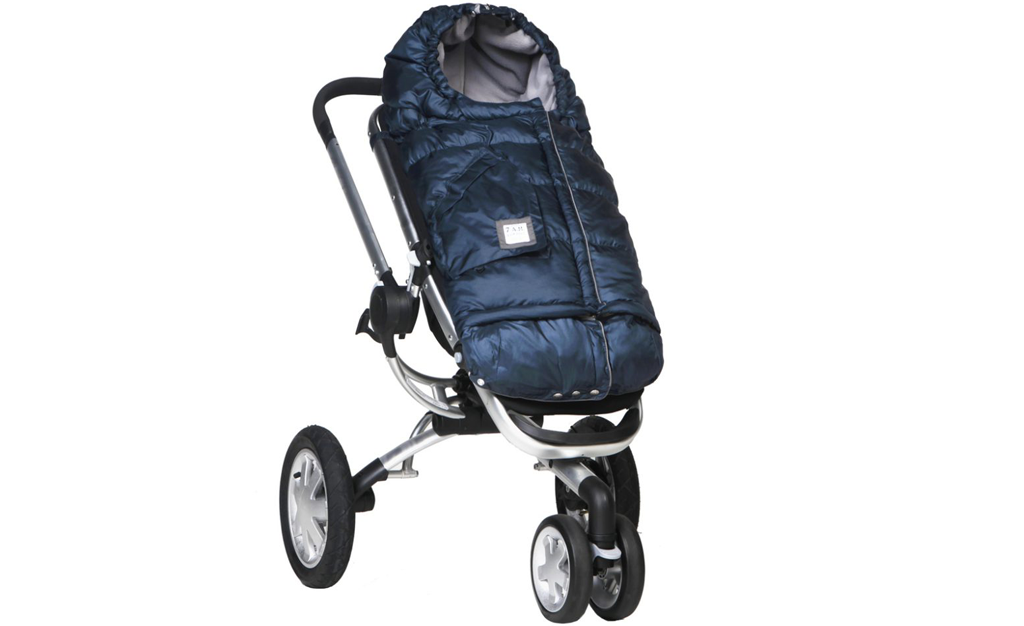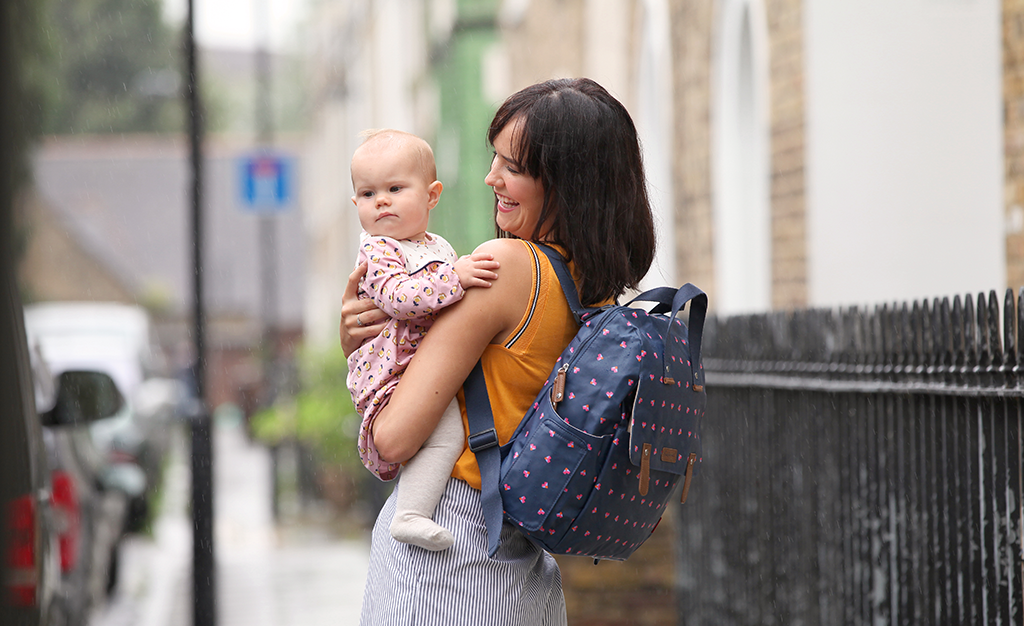While you might not have dreamed about a well-stocked medicine cabinet when you thought of your baby’s nursery, but when your baby gets her first cold or rash, you will be happy if your baby’s medicine cabinet is stocked up and well prepared. Check out the list of items you should have on hand before baby arrives. If and when your baby does get sick, always consult with your pediatrician before using any of the items below and follow all manufacturer directions carefully.

Creams. In addition to the moisterizing lotion that you will use on your baby’s skin after their bath, there are an array of creams and lotions that you want to be ready with to handle diaper rash and other skin irritations. Make sure to have a diaper cream that contains zinc oxide to use when your little one gets a diaper rash. For simple, daily skin irritations have petroleum jelly or Aquaphor on hand. It is also nice to have hydrocortisone cream 1% on hand for more serious skin irritations or itchy skin in case your pediatrician suggests you use it.
Over-the-Counter Medicines. Ensure that you have a non-aspirin pain relief medicine on hand such as Infant Tylenol for babies under 6 months. Always ask your pediatrician for the proper dosage for your baby before giving it to them. Note that ibuprofen pain relievers should NEVER be given to babies under 6 months. Your doctor may also recommend giving your baby supplemental Vitamin D drops. With all medicines, check with your doctor first and be sure to measure carefully using only the enclosed dropper or measuring cup.
Stuffy Nose Solutions. Your doctor may recommend saline nasal drops to help clear a baby’s stuffy nose. Avoid nasal bulbs that can be irritating to baby and instead stock up on the NoseFrida Snotsucker and replacement filters. The NoseFrida will not only help get all that sticky mess out but will do it in a gentler manner. To avoid stuffy noses to begin with, place a cool air humidifier such as the Crane Drop Humidifier in the nursery and use it each time baby is sleeping.
Tools. Stock up on standard tools such as bandages, instant cold compresses and cotton squares to ensure you have them when you need them. While ear and thermal thermometers are great, also have a rectal thermometer to use when baby gets a high fever to ensure the most accurate reading. Stock up on rubbing alcohol squares to clean thermometers.
SaveSave
SaveSave








